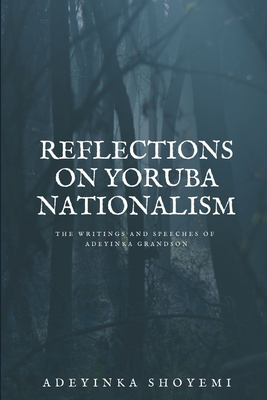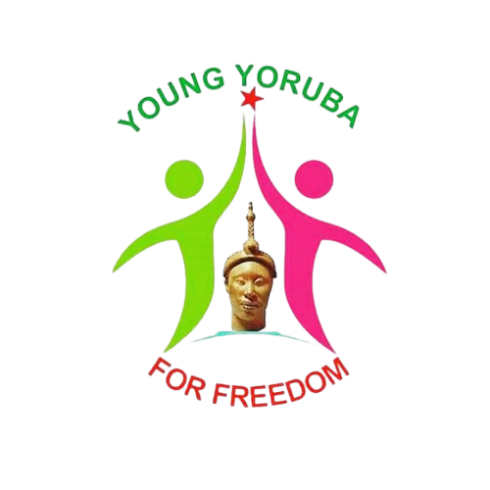Reflection on Yoruba Nationalism

Table Of Content
The writings and speeches of Adeyinka Grandson revolve around the volatile history of the Ibo, Hausa/Fulani and Yoruba generated by politics and not race or ethnicity. The Yoruba nationalism has never been about ethnic cleansing or racial divide, but about creating a fair, just and proportionate system of political rule which benefits all those who resides within the border of Nigeria, regardless of ethnicity. Adeyinka Grandson posted videos and written articles on various social media platforms. In posting such material, he does not intend to stir up racial hatred.
Furthermore, he does not accept that racial hatred was likely to be stirred up as a consequence of his posts. Adeyinka Grandson is a Yoruba nationalist who belongs to the Yoruba ethnic group. He had two grandfathers. The first was an Akoko-Yoruba, and the second was a Remo-Yoruba. He, likewise had two grandmothers. The first one was Ondo-Yoruba and the other one was Ijebu-Yoruba. These four grandparents jointly produced the parents of Adeyinka Grandson. He, consequently, has Yoruba bloodlines from Akoko, Remo, Ondo, and Ijebu respectively. But does not accept that the history of disharmony among the Yoruba, Hausa/Fulani and Ibo people is rooted in racial hatred or ethnicity. The divided and sometimes violent history was a direct consequence of the English's colonialism in Nigeria, and the subsequent pursuit of power and wealth amongst the Yoruba, Fulani and Ibo people. The Yoruba people have been the victims rather than the beneficiaries of Nigeria's political dysfunction for many years.
The motivation for the writings and speeches of Adeyinka Grandson was to raise awareness of what he considers to be the marginalization and abuse of the Yoruba people who are in Nigeria, to educate and empower the Yoruba people, to ensure that they pursue a fair and even distribution of land and resources.
At all times, his actions were designed and intended to generate discussion, organized resistance and affirmative political action with the ultimate objective of reclaiming Yorubaland out of Nigeria and into the Oduduwa Republic. Alternatively, campaign for a return to the parliamentary system of government as agreed by the Yoruba, Ibo, and Hausa/Fulani communities before Nigeria's independence in 1960. He has sometimes advocated recourse to self-defense, the defense of property and organized resistance. Any reference to violence was rooted in politics as opposed to race or ethnicity and was neither designed nor intended to stoke racial hatred. Over the past 20 years, Adeyinka Grandson has written extensively on the history and relations between the Ibo, Fulani and Yoruba communities in Nigeria. These texts have been both academic and political. In 1999, and while still a university student, he and others formed the Cheated Generation Group. The aim of the movement was to promote a return to a parliamentary system of government in Nigeria or to create the Oduduwa Republic. It intended to inform policymaking and support community groups and individuals to influence decision making in local communities. In 2012, the movement, renamed themselves the Young Yoruba for Freedom (YYF), as they have evolved into a conservative movement, providing education and an understanding of liberty, individual freedom, strong national defense, free enterprise, and self preservation to ensure that increasing numbers of young Yoruba understand and are inspired by these ideas. The current unitary presidential system in Nigeria takes resources and revenue from Yorubaland, and disproportionately uses it to fund the economic growth and development of the Hausa/Fulani and Ibo regions. The ultimate objective of the YYF is to campaign for the liberation of Yorubaland and form an independent Oduduwa Republic in the absence of a return to the regional system of government in Nigeria.
